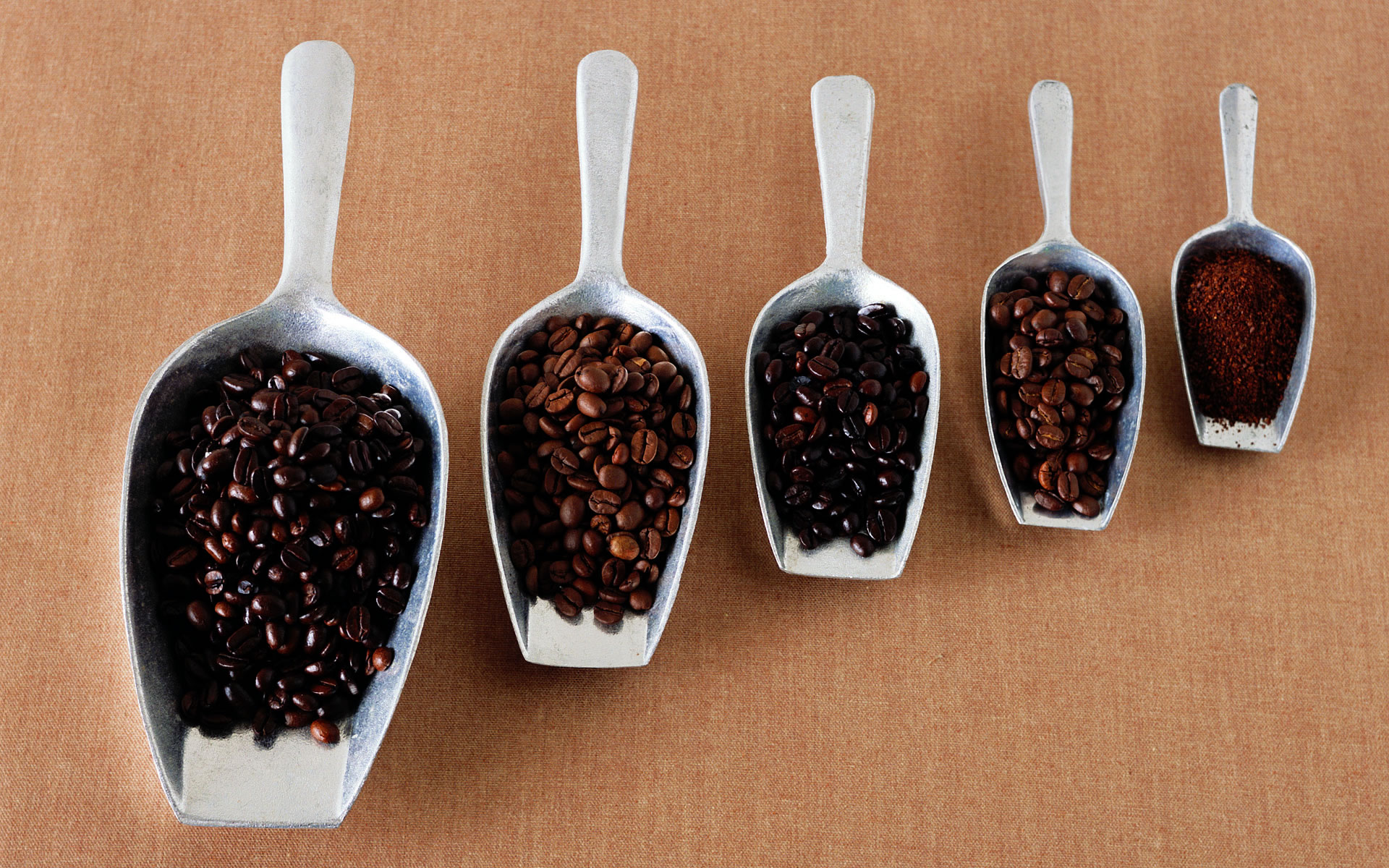Coffee Java, Sumatra (Blawan), Sulawesi (Sulawesi), Florida
Fine coffee has a strict grading system. Green beans are usually preserved as "parchment beans" with endocarp removed before export. A rigorous grading process is carried out to ensure uniform quality. Moreover, the protection during storage and transportation is very important, such as the control of temperature and humidity, the control of ventilation, the avoidance of odor adsorption, etc. If these are not done well, then the beans with higher grades will become no longer fine.
The best growing areas in the whole archipelago are Java, Sumatra (Blawan), Sulawesi (Sulawesi) and Flores (Flores).
Java produces fine aromatic coffee with relatively low acidity, fine taste and good balance. Java coffee is superior in aroma and acidity to Sumatra and Sulawesi coffees. The best plantations in Java are Blawan, Jambit, Kayumas and Pankur. Java mocha coffee is a blend of Java coffee and Yemeni mocha coffee.
Sumatra, Indonesia's second largest island, is the center of Indonesia's oil industry. Rubber and timber on the island are also famous export commodities. But Sumatra coffee is more striking, similar to Java coffee, but slightly heavier. Mandheling and Ankola coffee beans are also highly valued, the former even being hailed as the world's most granular coffee beans.
Sulawesi, located between Borneo and New Guinea, is sometimes called Celebes. The coffee produced on the island is full of particles and rich in flavor. The best coffee beans are grown in Kalossi and Rantepao in the south of the island. Among the many brands, try Celebes Carlochy Coffee.
One of the main coffee producers in New Guinea is Sigri Plantation, which produces the same overall style of archipelagic coffee, with full grains and good balance.
Overall, Indonesian coffee has a strong, mellow, slightly syrupy flavor and excellent acidity, which is reflected in the excellent quality of the coffee by its two main export markets, Germany and Japan. What appeals to consumers is the exceptional quality of its arabic coffee beans. You can add milk or cream to high-quality Indonesian coffee without worrying about affecting its taste. Indonesian coffee is divided into six grades, the best is AP. No one knows exactly what these two letters represent.
When ships replaced sailboats, coffee from these islands faced the same problem as Indian coffee from Mysore-consumers were used to coffee affected by long journeys and therefore did not want to accept the taste of "fresh" coffee. To solve this problem, the Indonesian government has tried to imitate coffee affected by long trips, and they have "stored" coffee beans for up to a year. However, the taste of this moist coffee is not widely accepted, so that it affects the good reputation of coffee.
However, Indonesia's "storage" coffee or "journey" coffee is still produced today. It is sold under the brand names Old Government, Old Brown and Old Java.
Although Indonesia produces so much good coffee, it is puzzling that its residents prefer Turkish coffee to its famed European coffee.

Important Notice :
前街咖啡 FrontStreet Coffee has moved to new addredd:
FrontStreet Coffee Address: 315,Donghua East Road,GuangZhou
Tel:020 38364473
- Prev

The main producing areas of Galapagos Coffee introduce the boutique coffee producing area of San Cristobal.
The Galapagos Islands are about 300km from east to west and 200km from north to south (another source: 300km from north to south) and about 1000 km from the South American continent (about 1 hour and 30 minutes by air from Quito, Ecuador). It is a group of marine islands formed by lava deposits uplifted from the sea floor. The largest island in the archipelago is Isabella, which covers an area of 4588 square kilometers.
- Next

The basic practice of Mexican Coffee introduces the varieties of Aldura Coffee
Mexicans are enthusiastic and optimistic, and the chocolates in Mexican coffee perfectly reflect this. There are different methods of Mexican coffee, but the main difference is whether it contains alcohol or not. let's first introduce the practice of non-alcohol. Heat a cup of milk, a teaspoon of cinnamon powder and a teaspoon of vanilla powder in a pot. Keep it at medium temperature. The heat is not too high. The milk must not boil. And then join.
Related
- Does Rose Summer choose Blue, Green or Red? Detailed explanation of Rose Summer Coffee plots and Classification in Panamanian Jade Manor
- What is the difference between the origin, producing area, processing plant, cooperative and manor of coffee beans?
- How fine does the espresso powder fit? how to grind the espresso?
- Sca coffee roasting degree color card coffee roasting degree 8 roasting color values what do you mean?
- The practice of lattes: how to make lattes at home
- Introduction to Indonesian Fine Coffee beans-- Java Coffee producing area of Indonesian Arabica Coffee
- How much will the flavor of light and medium roasted rose summer be expressed? What baking level is rose summer suitable for?
- Introduction to the characteristics of washing, sun-drying or wet-planing coffee commonly used in Mantenin, Indonesia
- Price characteristics of Arabica Coffee Bean Starbucks introduction to Manning Coffee Bean Taste producing area Variety Manor
- What is the authentic Yega flavor? What are the flavor characteristics of the really excellent Yejasuffi coffee beans?

